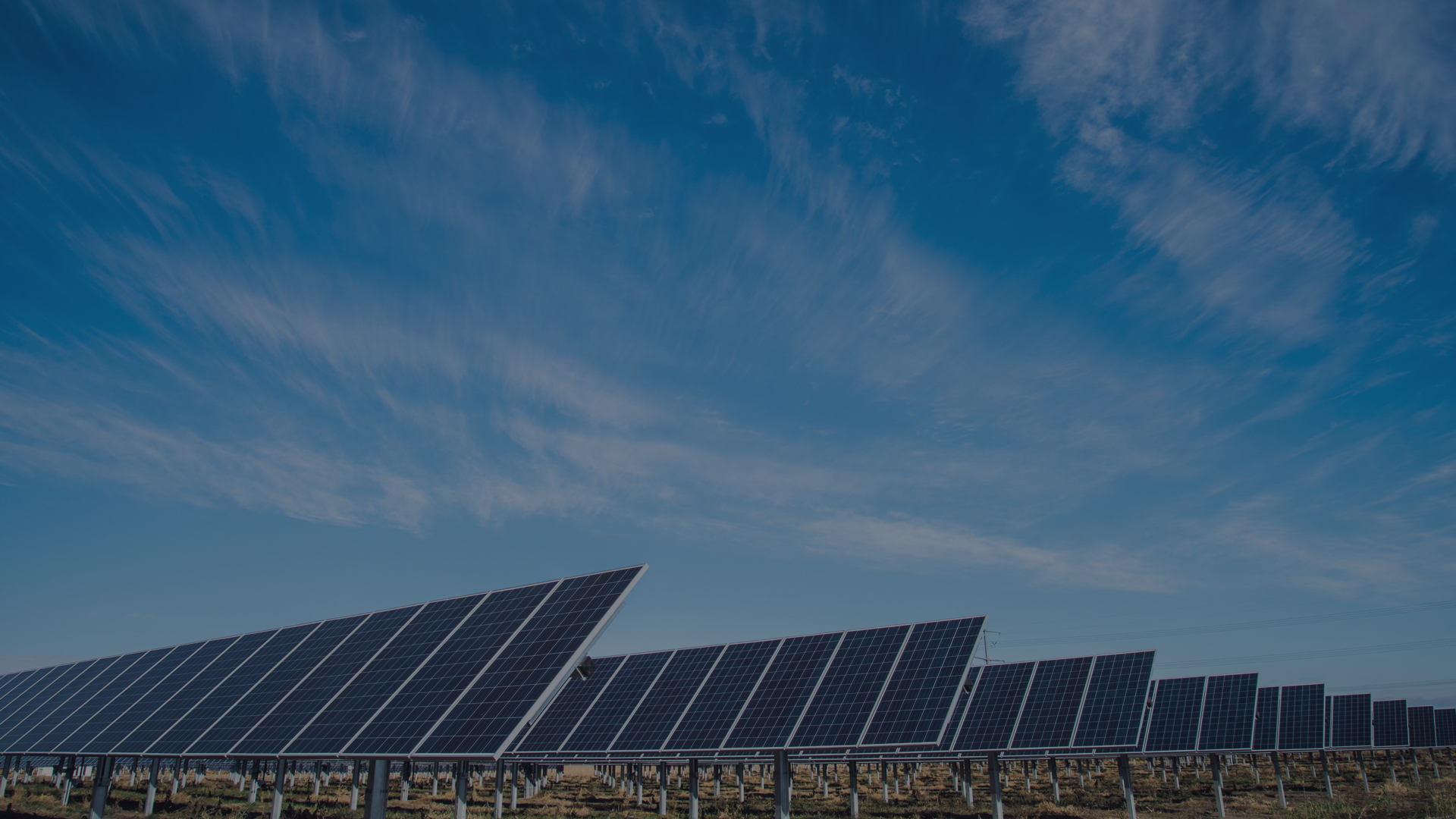There are multiple advantages to solar power on both a small and large scale. From smaller domestic installations to enormous solar farms, the benefits of solar are becoming more widely known.
According to a recent survey undertaken by the Department of Energy and Climate Change (DECC), 85 per cent of the public are in support of solar and 55 would be happy to have a large scale renewable development in their area. Calls are being made to roll solar power out much more rapidly and on a larger scale.
STA CEO Paul Barwell said: "Solar power can deploy quickly and help the UK address its looming energy crunch and the lack of sector competition. It is an easy and cost-effective win because it is now cheaper than many other low carbon options. Suppressing solar power wouldn’t make any sense from a value-for-money perspective."
Over the new few days the DECC will be making several decisions about the level of financial support for solar power available under the Renewables Obligation (RO). The Solar Trade Association (STA) has called for the government to specifically address the needs of mid-sized installations in the non-domestic sector.
The RO is currently the main financial mechanism by which the Government incentivises the deployment of large-scale renewable electricity generation.
STA is concerned that these mid-sized installations are in danger of "falling through the gap" if definitive legislation is not laid out.
Nothing has been built in the largest Feed in Tariff (FiT) band (250 kW-5 MW) since the FiT was reduced to just 7.1p in July, the STA stated.
The RO had just begun to support mid-size solar but it is unclear how this sub-sector will be enabled going forwards.
"Solar power is set to offer businesses and households cheaper power than grid electricity before the end of this decade so there are excellent strategic reasons for Government to champion the UK industry. We very much hope that DECC will deliver a framework that supports all sub-sectors of solar power," added Mr Barwell.
